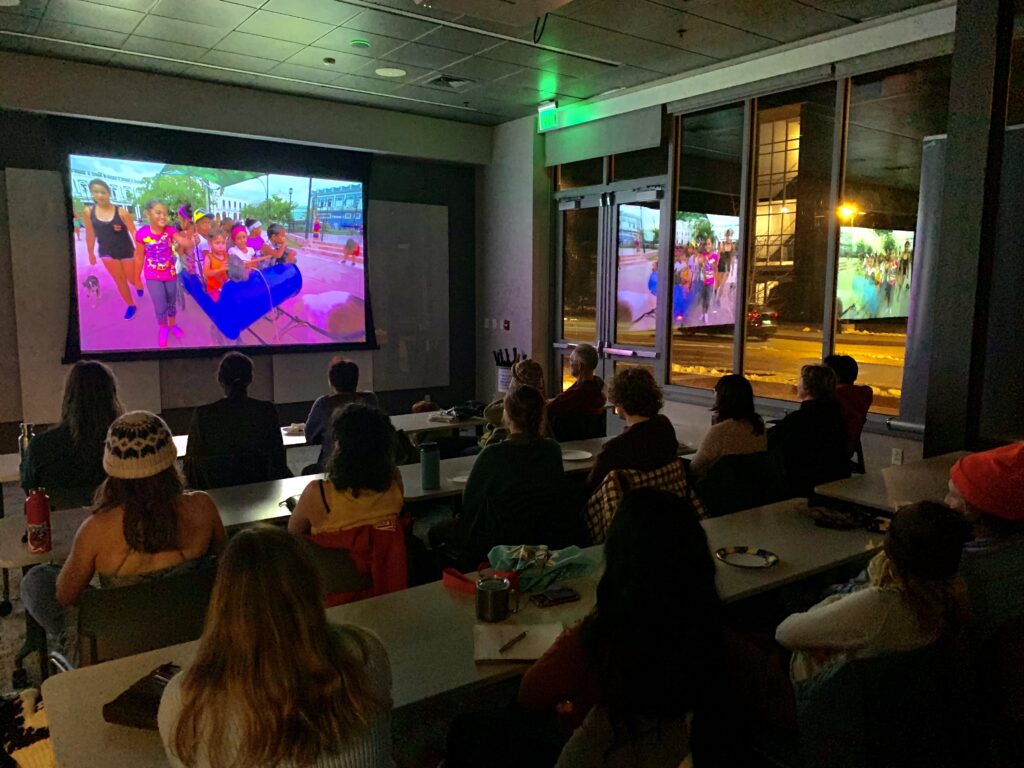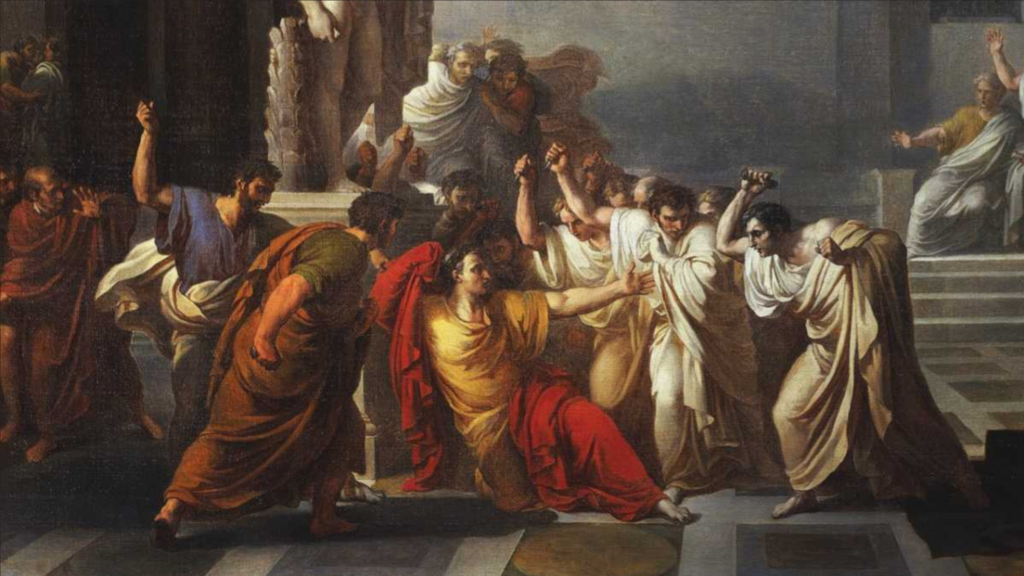Award-winning director screens film for permaculture class
What’s the connection among happiness, women’s empowerment, and sustainable living? This week a UMaine course in permaculture hosted a lively discussion on this question with the director of an award-winning documentary.
Award-winning director screens film for permaculture class Read More »



